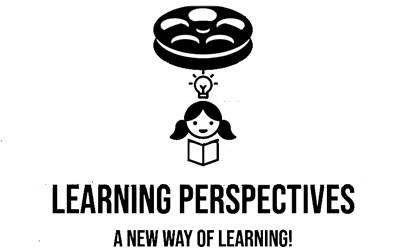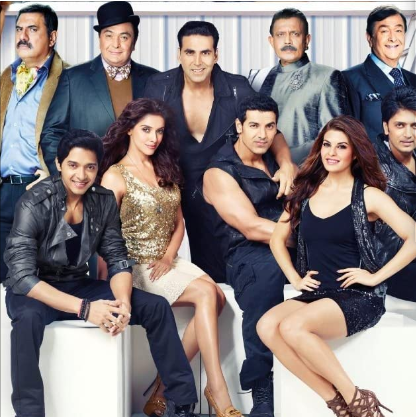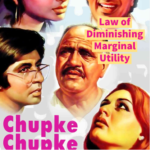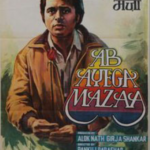Movie Case Study
The scene that you saw shows Max (played by John Abraham) telling the gang that he is ready to do the job required. Max demands money in pounds rather than in rupees.
In this blog, Learning Perspectives will explore the meaning of Currency.
What is Currency?
Currency is a form of exchange for goods and services. It could be in the form of paper, or coins that are issued and recognized by the government of the country. It is circulated within a particular country or jurisdiction. Bitcoins came into being and are now called virtual currency or cryptocurrency. Recently, India has softened its ban on virtual currencies too. Reserve Bank of India had suggested that both banks and crypto platforms need to make sure that these transactions are not used for fraudulent activities or for tax evasion.
Every country has a different currency which allows consumers of that jurisdiction to purchase goods and services. For example Rupees in India, Yen in Japan, and Pound in the United Kingdom.
History of the Rupee:
The history of the Indian rupee dates back to the 6th century. This was first mentioned in Arthashastra (an Ancient Sanskrit text written by Kautilya). Silver coins were first used as rupya-rupa (silver form). During 1540-1545, Shershah Suri issued a silver coin weighing 178 grains which was called Rupiya. Grain was a unit of measurement of mass.
During the late 18th Century paper money was introduced. Bank of Bombay was established in 1840. It issued notes that carried the vignettes of the Town Hall and others the statues of Mountstuart Elphinstone and John Malcolm.

The Paper Currency Act of 1861 conferred upon the Government of India the monopoly of note issue. This meant that no other bank can issue currency besides the government of India. The government of India continued to issue currency notes till the Reserve Bank of India was established on 1st April 1935. The motifs appearing on Indian currency notes reflect the changing socio-cultural ethos and the worldview of the times.
Currency Trading:
The currencies market or the Forex market is the largest investment market in the world. Currency is traded in pairs against currencies in this market (INR/$ US). The current value of one currency with respect to the other becomes the exchange rate. This rate keeps fluctuating due to market conditions. These trades generally have large volumes.
References:









[…] is made up of two words crypto and currency. Crypto is anything that is concealed or hidden and is in the form of a secret. Similar to the […]
[…] deals with apportioning money or assets with the expectation of earning a return. While making an investment, the concept of risk […]
[…] in currency usually means banknotes or coins. Similar to what the kidnapper mentions, he says he wants 20 […]
[…] is a consultant who advises clients. This advice is generally related to where to invest their money and assets. Investment advisors generally form long-term relationships with their clients. As many […]
[…] Barter is a way of exchanging goods and services without the exchange of money. It is similar to the scene that you saw, it shows the exchange of bread for the bracelet that the woman is wearing. This represents exchange in kind instead of currency. […]
[…] to the scene that you saw, asset allocation deals with the division of money in different baskets. Asset allocation is used as an investment strategy. When an investor invests […]
[…] black market is an illegal market. It includes the trading of illicit drugs, weapons, medicines, currency, etc. It also includes human trafficking. This unrecorded or parallel economy that is created by […]
[…] notes are essentially fake currency. In India, many people run the business of printing fake notes. This is a common occurrence in the […]
[…] be purchased with a single unit of currency. It can be referred to as buying power of the currency. Currency in the form of money that is used in circulation as a source of exchange. (Rupees in India, Euro in […]
[…] Money means the currency of a country such as rupees in India, pound sterling in the UK, Yen in Japan, and so on. This has an advantage since money is a common measuring unit (i.e. money), it is not possible to record or compare dissimilar facts, events, and transactions about a business enterprise. Similar to the scene that we saw, all expenses are expressed in Yen even though they are working out of India, their accounts are being recorded in Yen. […]
[…] the business might not be able to generate revenue. This causes a gap between the available money and needed money for operations. Hence making a detailed plan laying down how much are you […]
[…] Currency […]